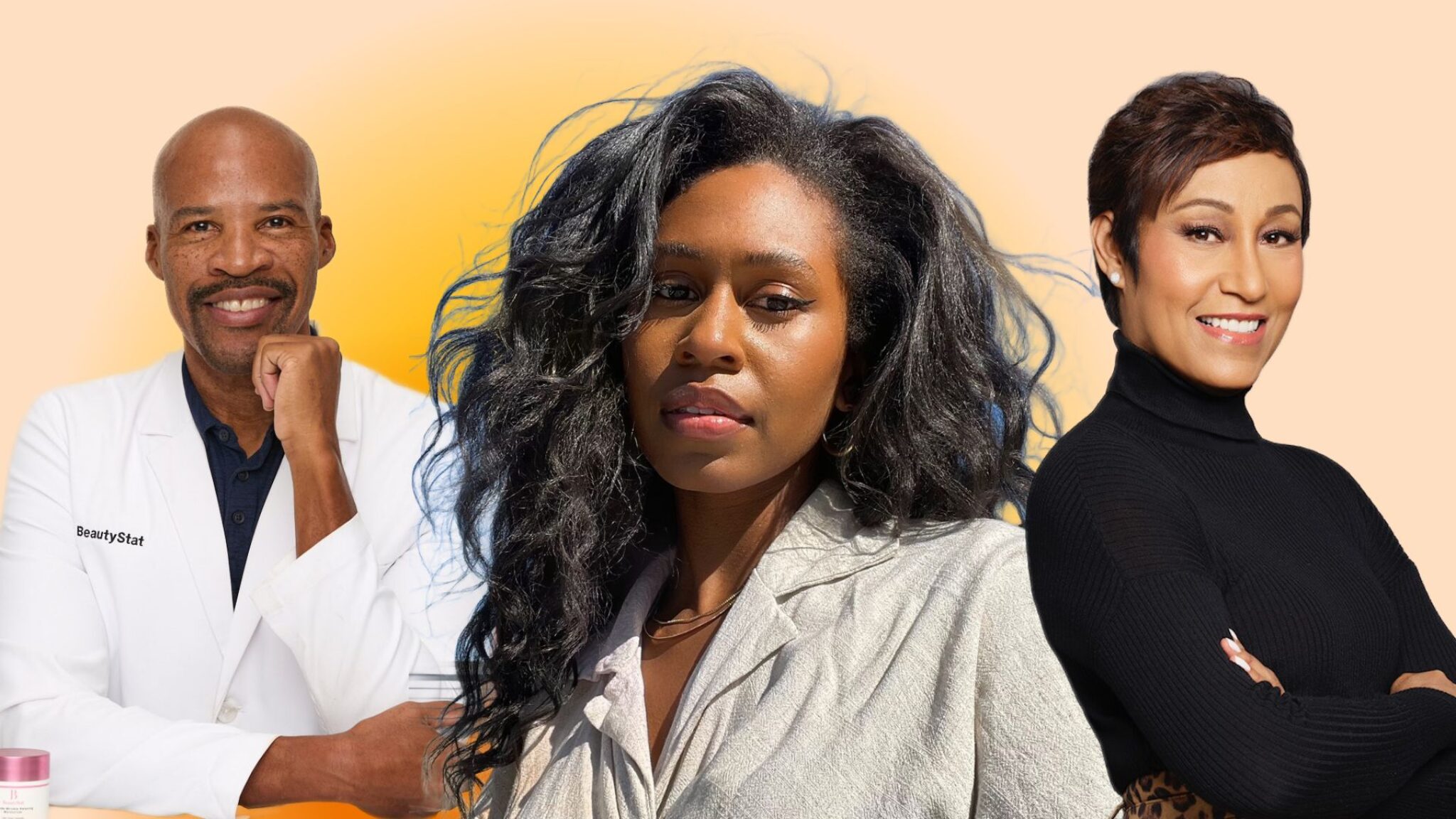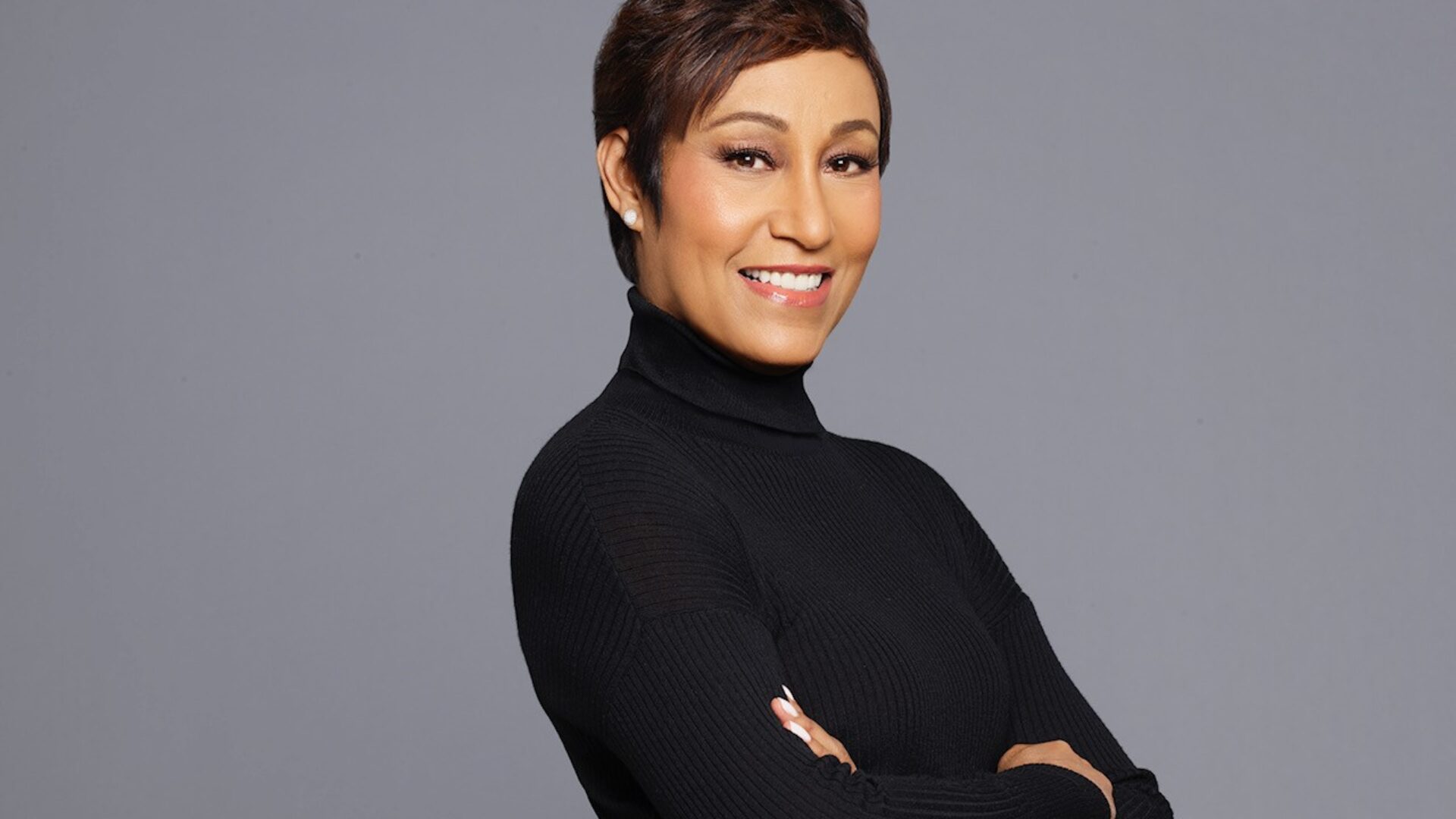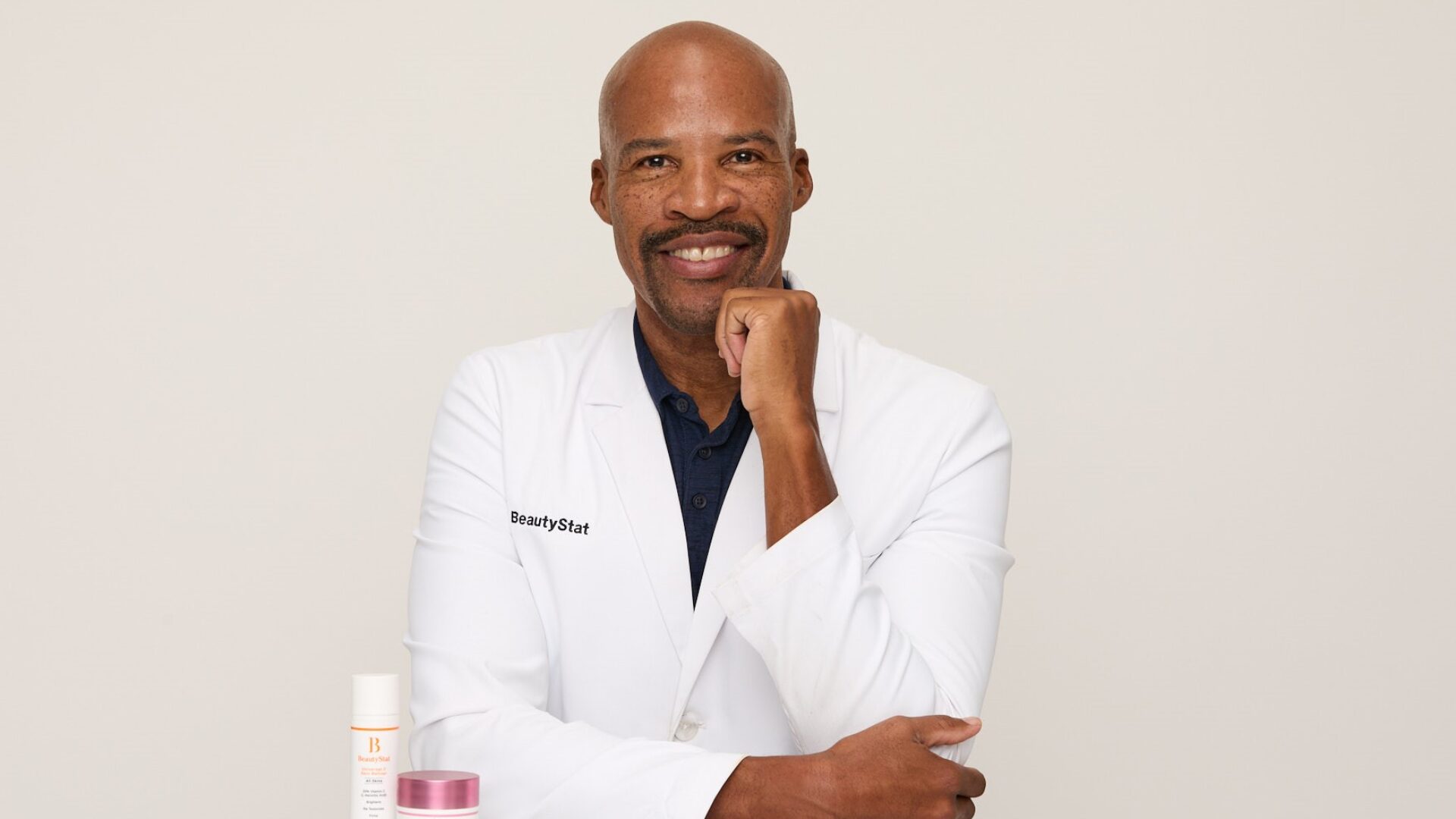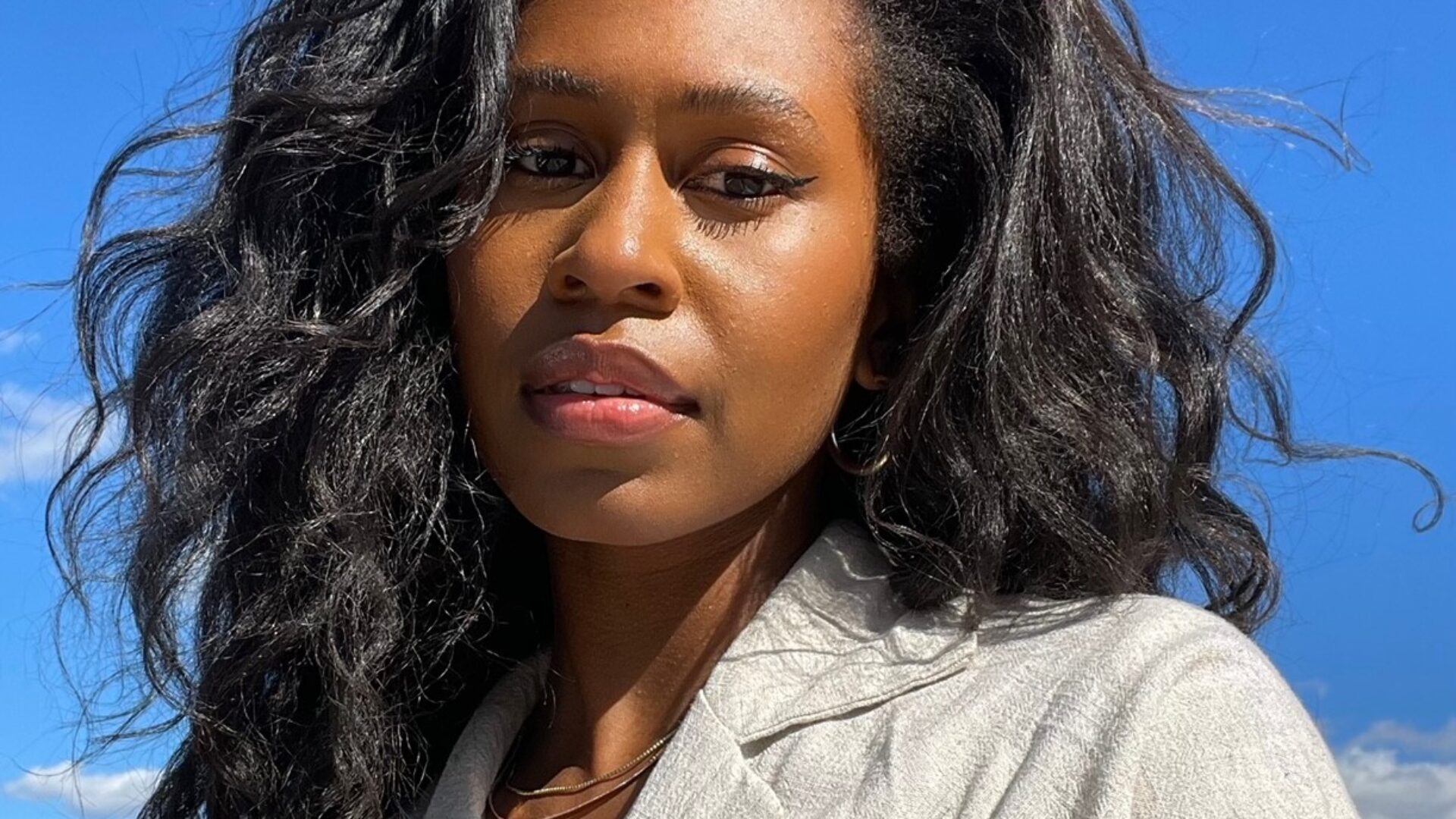
Beauty consumers internationally have leaned on sustainability and eco-friendly products to help contribute to a sustainable society. This has included going to great lengths, with some even calling out particular brands over the last few decades in hopes of them changing their practices.
Primarily stemming from environmental changes such as the uptick in gasoline and raw material usage pricing, it’s safe to say that beauty founders and consumers are searching for more innovative ways to combat this issue. For beauty founders and company owners of color, accessing the same materials and resources as larger-scale brands can be harder.
However, this has not discouraged them from contributing to sustainability efforts but has allowed them to become more creative about the issue. Sustainability has included creating new ways to implement changes in their respective rights. Hearing from a few of these big players in the cosmetic space helped provide clarity and perspective from someone outside looking in on the one making many of these decisions.
Read ‘Eco-Friendly Fashion Brands To Know For Earth Day’
Desirée Rogers, Co-Owner Of BLK OPL

After setting their sights on purchasing BLK OPL (formerly Black Opal), Cheryl Mayberry McKissack and Desirée Rogers acquired ownership of the beauty company in the later half of 2019. From there, the duo has made it a point to ensure consumers know the company is Black-owned based on their experience. In addition, their products, even at the drugstore level, are still healthy for people of color. This representation has allowed the brand owners to relaunch successfully and implement more sustainable practices throughout the company’s evolution into what we see today. “We are dedicated to Black and Brown people, [and] we’d like to see how [sustainability] shows up on our skin,” Rogers says.
As Rogers expressed, sustainability is something the company considers to be ‘extremely important’ and a concept that is first of mind when looking to contribute to the eco-friendly approach of the beauty industry. In support of the pipeline process in supporting people of color throughout product formulation, BLK OPL has made it a point to create its products solely in the United States. “90 percent of our products are made in the US, and we will continue to make products out of plants because many of these workers look like us,” she says. For many who are in warehouse settings, they are largely people of color and, more often, African American. With this in mind, the brand wants its consumers to have a deeper level of trust to ensure that in its entirety, a person of color is in some way being of impact towards getting them the products they know and love.
“We recently did a review and redo with our skincare and cosmetics list with a “do-not-use” list and to stay 100 percent close to the list. We work closely with a dermatologist,” she tells GU. The list Rogers referenced compiles ingredients studied and found unhealthy for consumer usage. In some instances, this can be challenging when balancing using healthier products and maintaining a reasonable price point, as BLK OPL has emphasized for these consumers. This is part of ensuring they maintain responsibility towards their brand offerings since they are sold in beauty retailers and drugstores. Rogers and McKissack look forward to continuing and implementing their current practices throughout the product launches coming within the next year.
Ron Robinson, Founder Of BeautyStat

Cosmetic Chemist and researcher Ron Robinson has risen to greatness from the popularity of his brand, BeautyStat. After initially starting at companies like Clinique, Avon, Revlon, and L’Oreal, he began to pivot towards building his own company, where the focal point is utilizing scientifically proven techniques and ingredients. In turn, this has reassured consumers of the brand of the quality and the internal perspective that Robinson has been able to lend towards building out the company we know today. Beauty Stat is most notably known for its skincare products that aid in youthful and revitalized-looking skin. “Sustainability is a key focus for us,” Robinson says. “We make sure to only use the most sustainable packaging materials— i.e. those that are recyclable, biodegradable, or compostable. We also look to minimize the use of packaging material wherever we can.”
This includes their award-winning Universal C Skin Refiner, the first of its kind to contain 20 percent stable and pure vitamin C that has proven potency so strong that users do not have to worry about oxidation. The Beauty Stat team has deemed it imperative that they not only provide the best skin care products but align them with the best practices for eco-friendliness. “We try to manufacture our products using cold processing whenever we can in order to be more sustainable, and whenever we can, we look to use lab-made and biotech ingredients rather than depleting natural ingredients from the earth,” he says. Customers expect more recyclable packaging materials from BeautyStat in the near future.
Alicia Scott, Founder Of Range Beauty

Eczema-catered cosmetic brand Range Beauty left consumers in awe after their monumental win on Shark Tank. This moment is credited as the first time in the show’s history that a Black woman-owned company secured an investor on the show. Range Beauty can now be purchased in various beauty retailers such as Sephora and Target. This has inspired others to seek additional funding for their respective brands. Founder Alicia Scott has elevated her platform from Shark Tank to distribute her products to the world and lift others by providing helpful resources. “From day one, it’s been woven into our vision and mission,” she says. “Once I saw the data, it showed the high percentage of toxic beauty products marketed towards Black women. I knew I wanted a brand that wasn’t only made with clean ingredients but also positively impacted our environment.”
Using products such as turmeric and chamomile, Scott has gone down the route of utilizing sustainable sourcing of ingredients. This includes the usage of bio-based ingredients that are derived from plants. In turn, this helps to lessen the reliance on non-renewable resources and potentially harmful chemicals. This practice of product formulation allows for consumers to use the product with ease in knowing that they won’t experience irritation due to their pre-existing skin conditions such as acne or eczema.
“It’s great seeing retailers like Sephora who use a Clean & Planet Positive badge for brands that abide by specific sustainability guidelines,” she says. “While very few regulations exist, the FDA is taking small steps forward. In the meantime, it’s best to be as transparent as possible about your manufacturing process, ingredients, and claims as a green beauty brand.”
While many of these founders were able to pinpoint efforts across the board of progressions within the beauty industry regarding more sustainable practices, there is still much more work that’s been constituted as areas of focus. Some of these areas include product shelf life, product formulation, and product distribution. Currently, the U.S. cosmetic industry does not have an industry standard regarding clean beauty but there is hope that by company owners taking matters into their own hands that this will eventually change. Consumers can contribute to this by holding some of their favorite cosmetic brands accountable, and following through with sustainable practices at home. Whether this be discarding old makeup through recycling or analyzing more in depth the ingredients that are included in the products they use everyday, it will take the work of both product producer and product consumer to help minimize and eventually dissolve this issue.